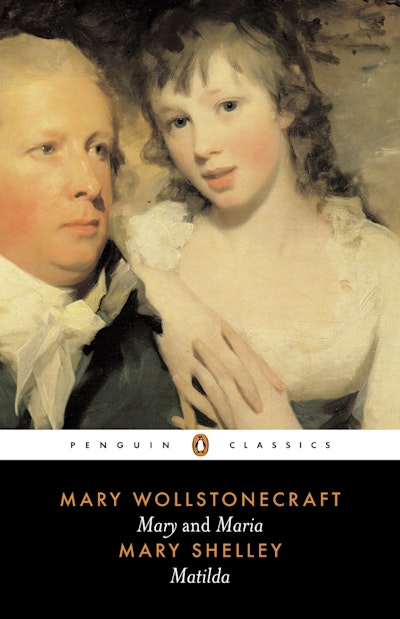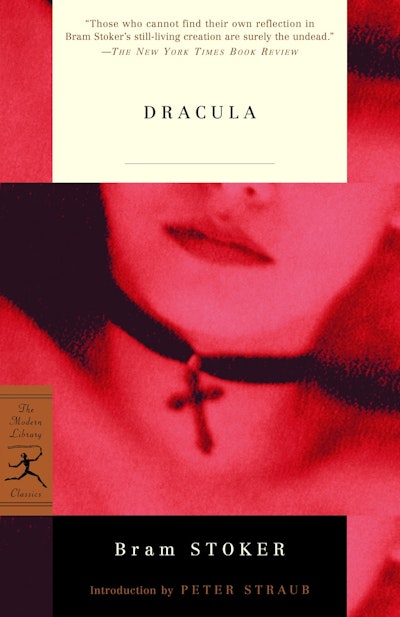- Published: 21 August 2013
- ISBN: 9780143107026
- Imprint: Penguin Classics
- Format: Paperback
- Pages: 240
- RRP: $35.00
The Lady of the Camellias
- Alexandre Dumas fils
The landmark novel that inspired Verdi’s opera La Traviata, in a sparkling new translation
"One of the greatest love stories of all time," according to Henry James, and the inspiration for Verdi’s opera La Traviata, the Oscar-winning musical Moulin Rouge!, and numerous ballets, stage plays (starring Lillian Gish, Eleonora Duse, Tallulah Bankhead, and Sarah Bernhardt, and films (starring Greta Garbo, Robert Taylor, Rudolph Valentino, Isabelle Huppert, and Colin Firth), The Lady of the Camellias itself was inspired by the real-life nineteeth-century courtesan Marie Duplessis, the lover of the novel’s author, Alexander Dumas fils.
Known to all as “the Lady of the Camellias” because she is never seen without her favorite flowers, Marguerite Gautier, the most beautiful, brazen, and expensive courtesan in all of Paris. But despite having many lovers, she has never really loved—until she meets Armand Duval, young, handsome, and hopelessly in love with her.
“Marguerite and Armand are the kind of bright, self-destructive young things we still read about in magazines, watch on-screen, or brush up against today.”
—Liesl Schillinger, from the Note on the Translation
For more than seventy years, Penguin has been the leading publisher of classic literature in the English-speaking world. With more than 1,700 titles, Penguin Classics represents a global bookshelf of the best works throughout history and across genres and disciplines. Readers trust the series to provide authoritative texts enhanced by introductions and notes by distinguished scholars and contemporary authors, as well as up-to-date translations by award-winning translators.
- Published: 21 August 2013
- ISBN: 9780143107026
- Imprint: Penguin Classics
- Format: Paperback
- Pages: 240
- RRP: $35.00
























































































































































































































































































































































































































































































































































































































































































































































































































